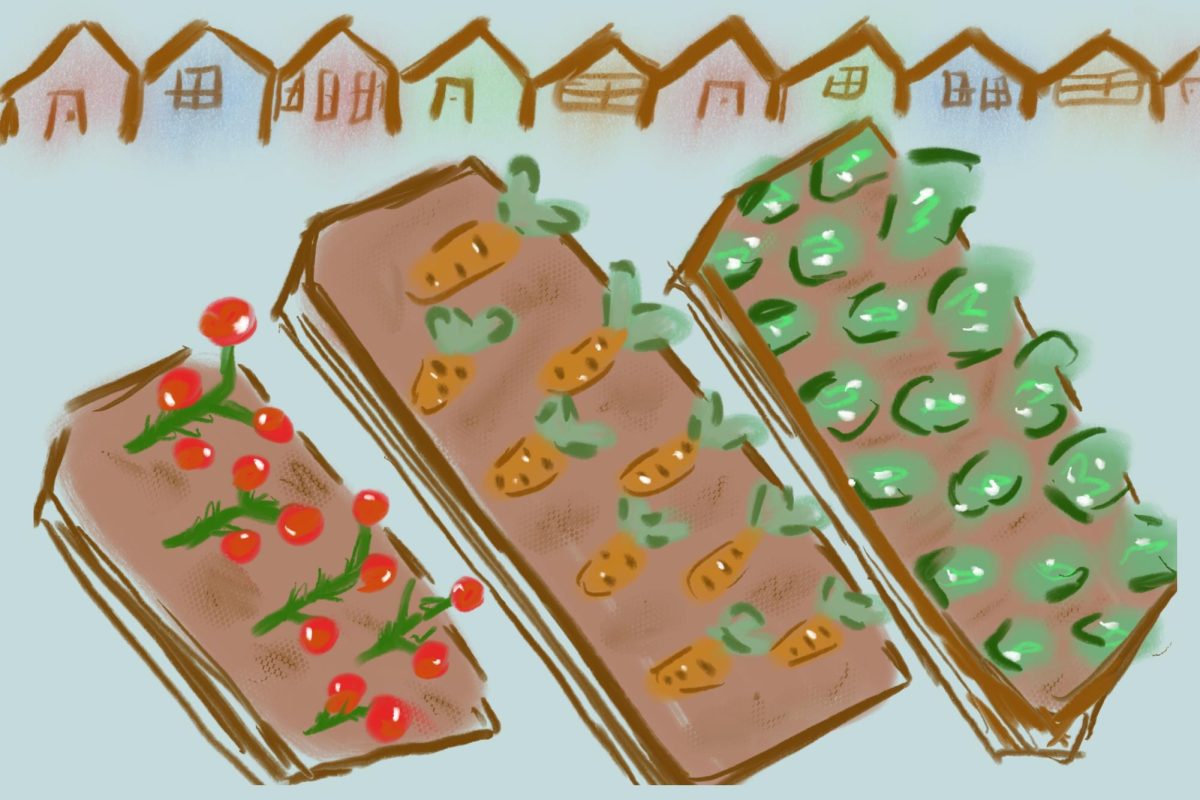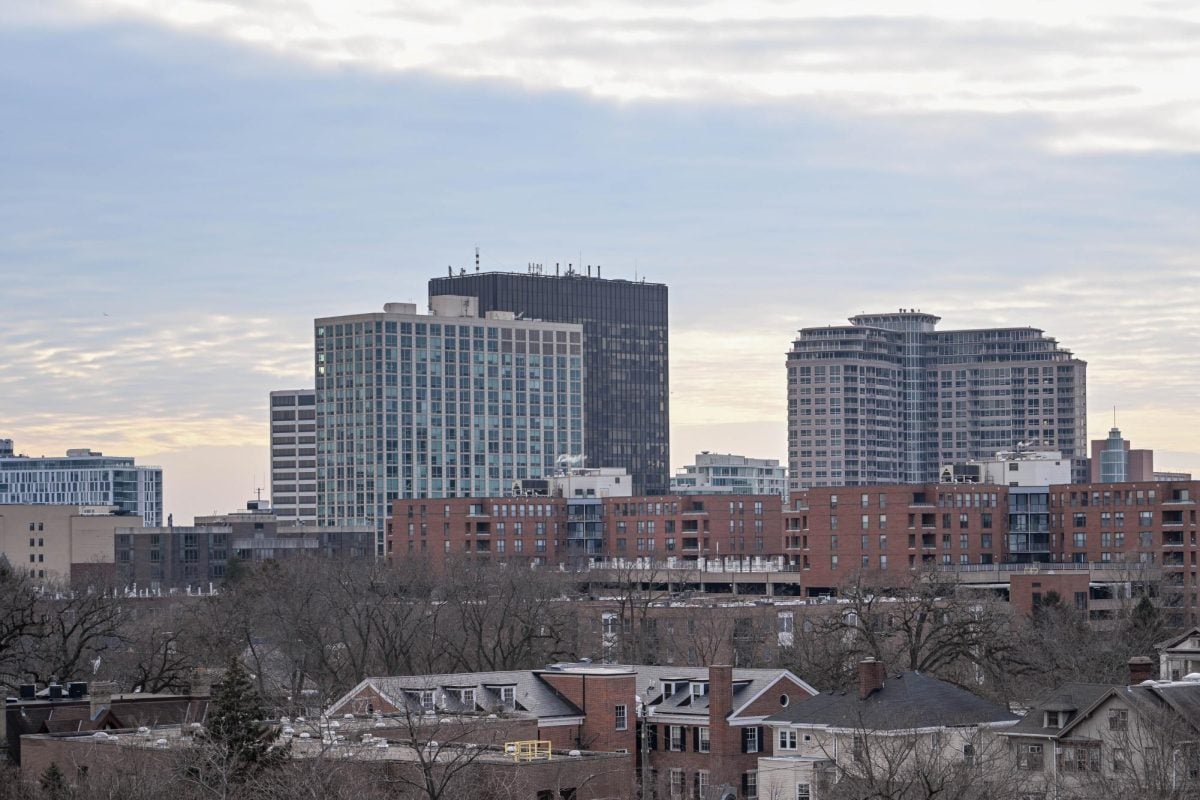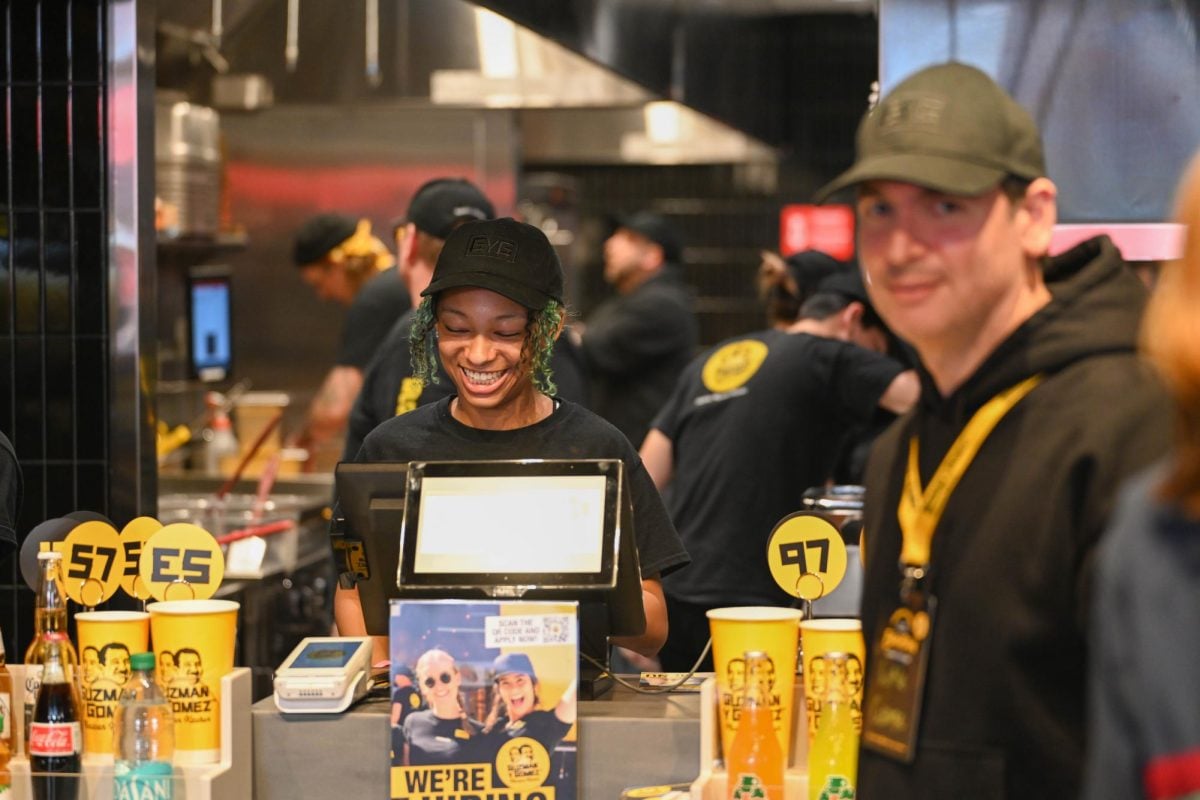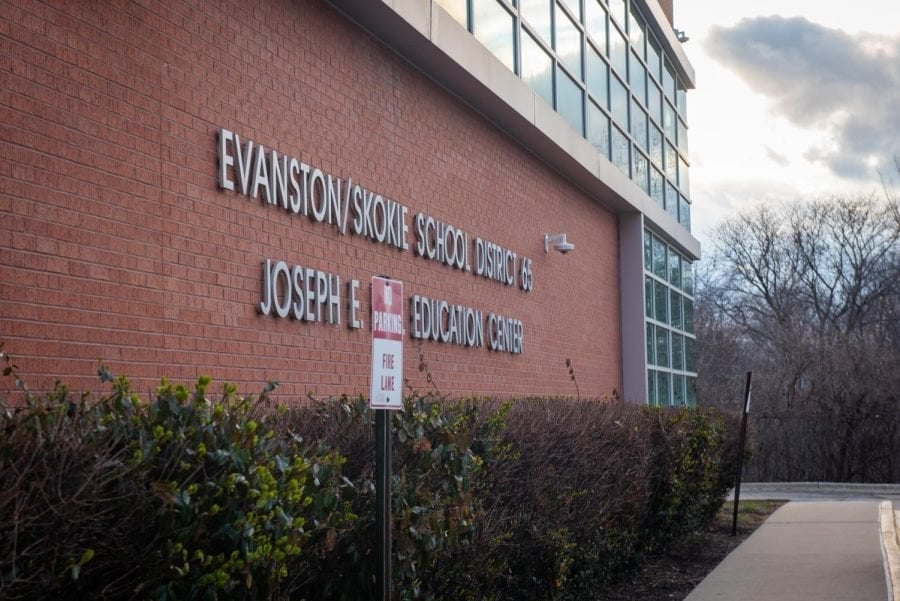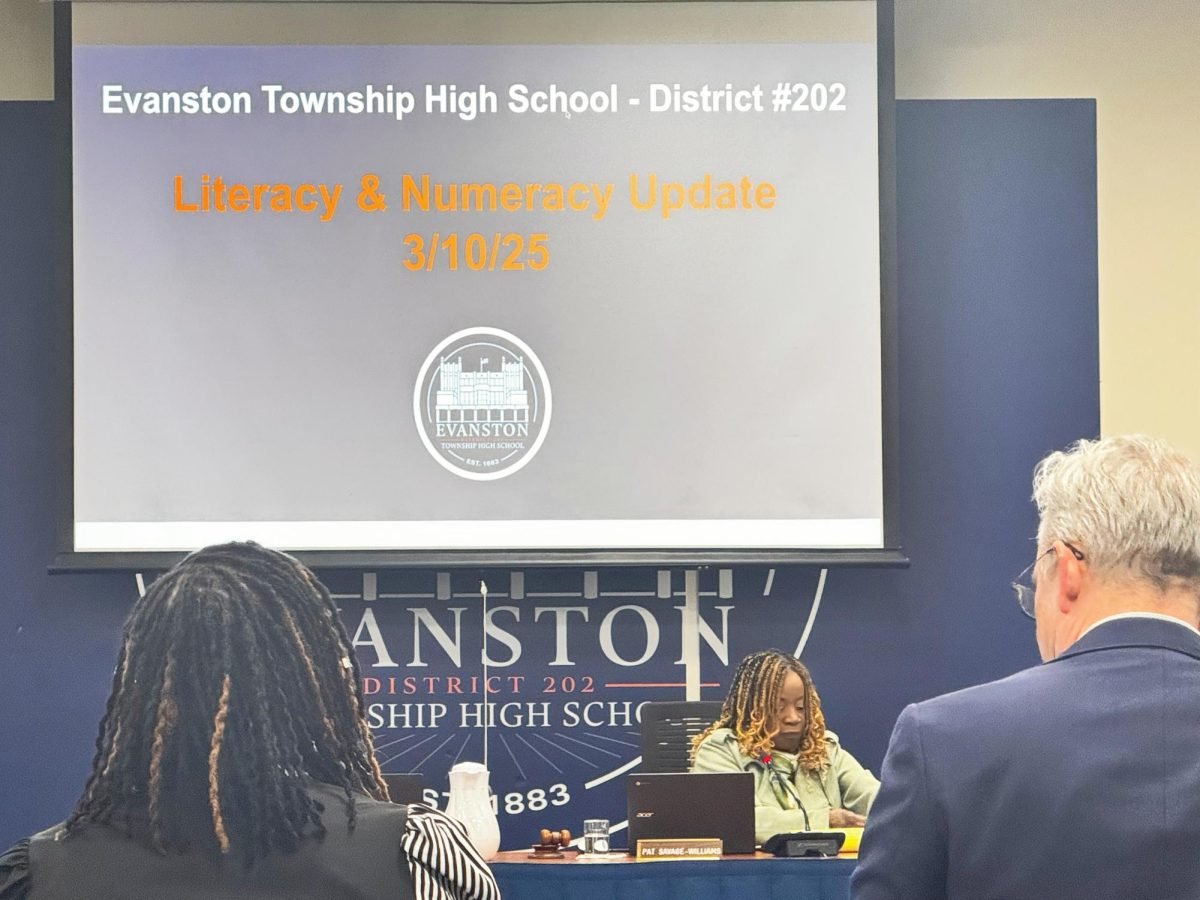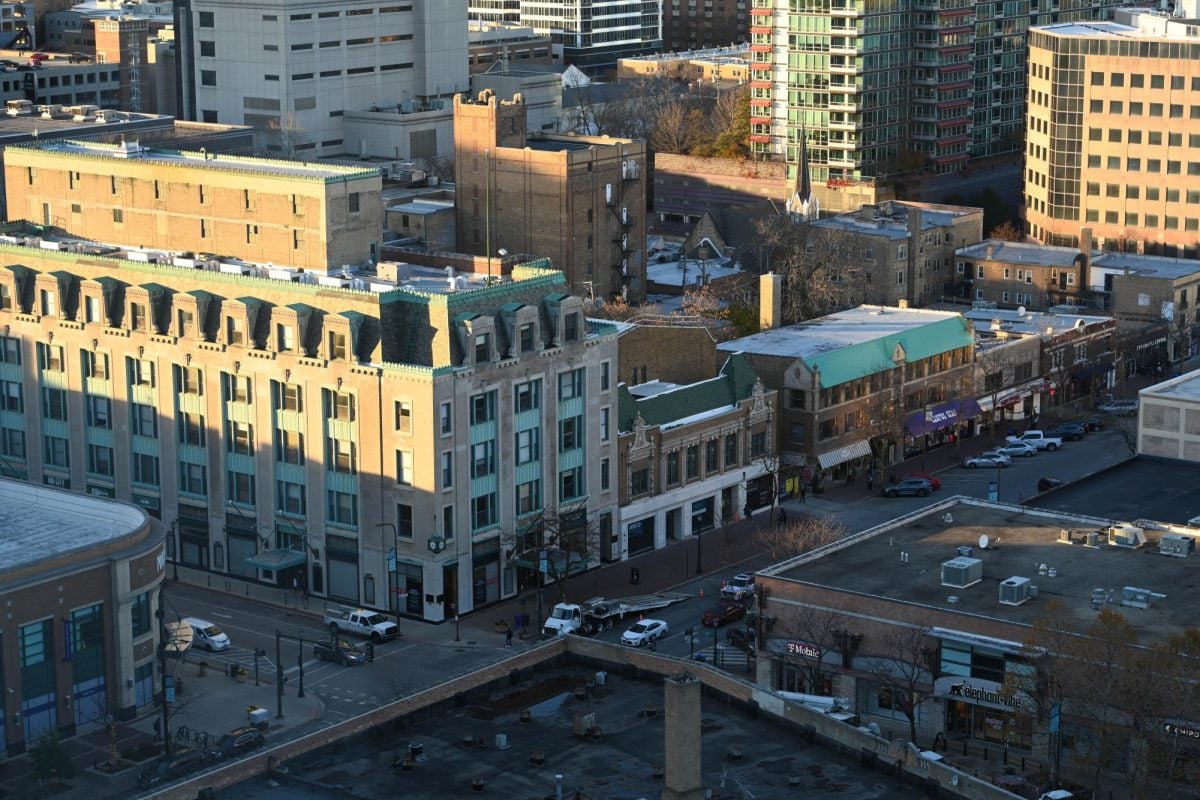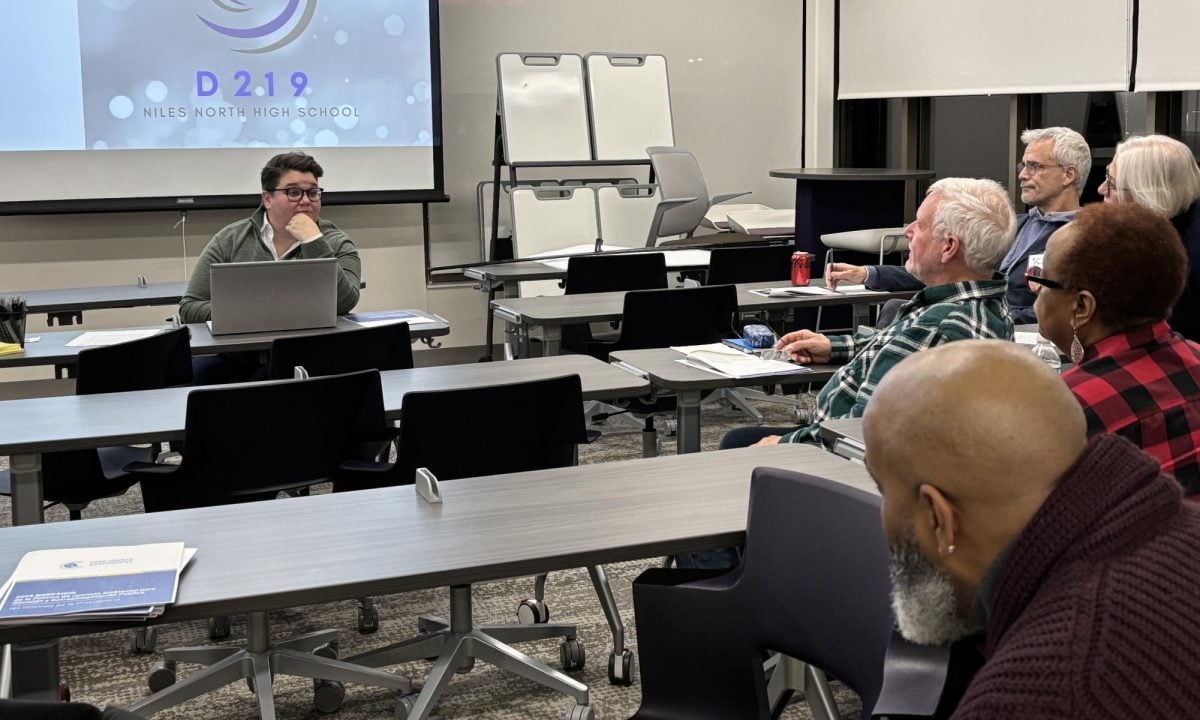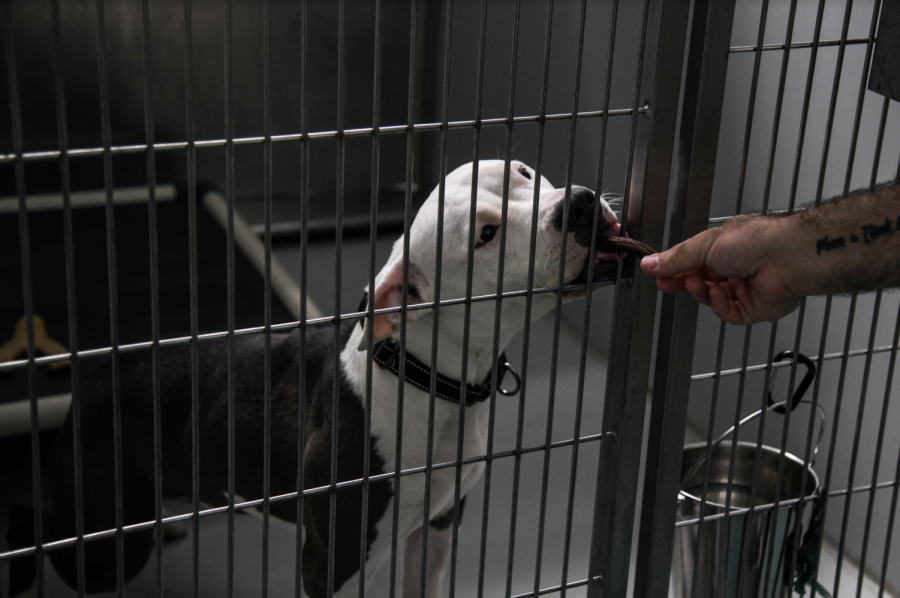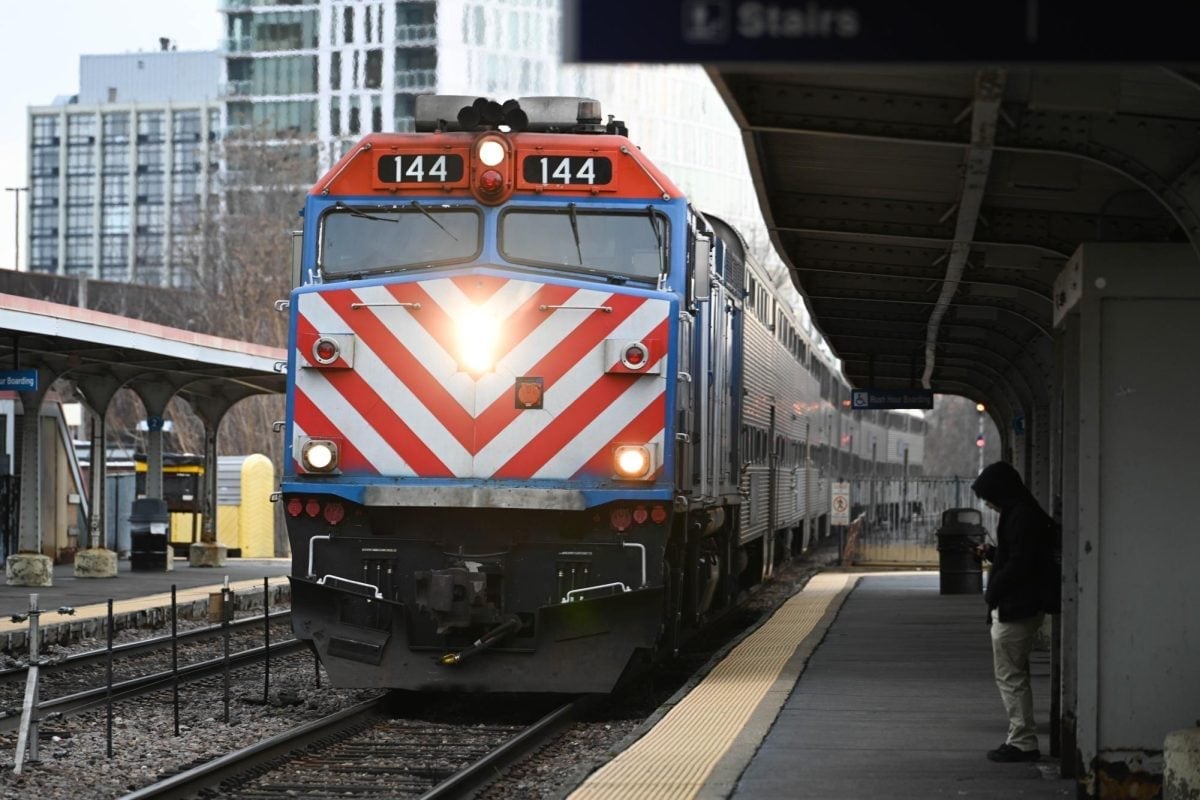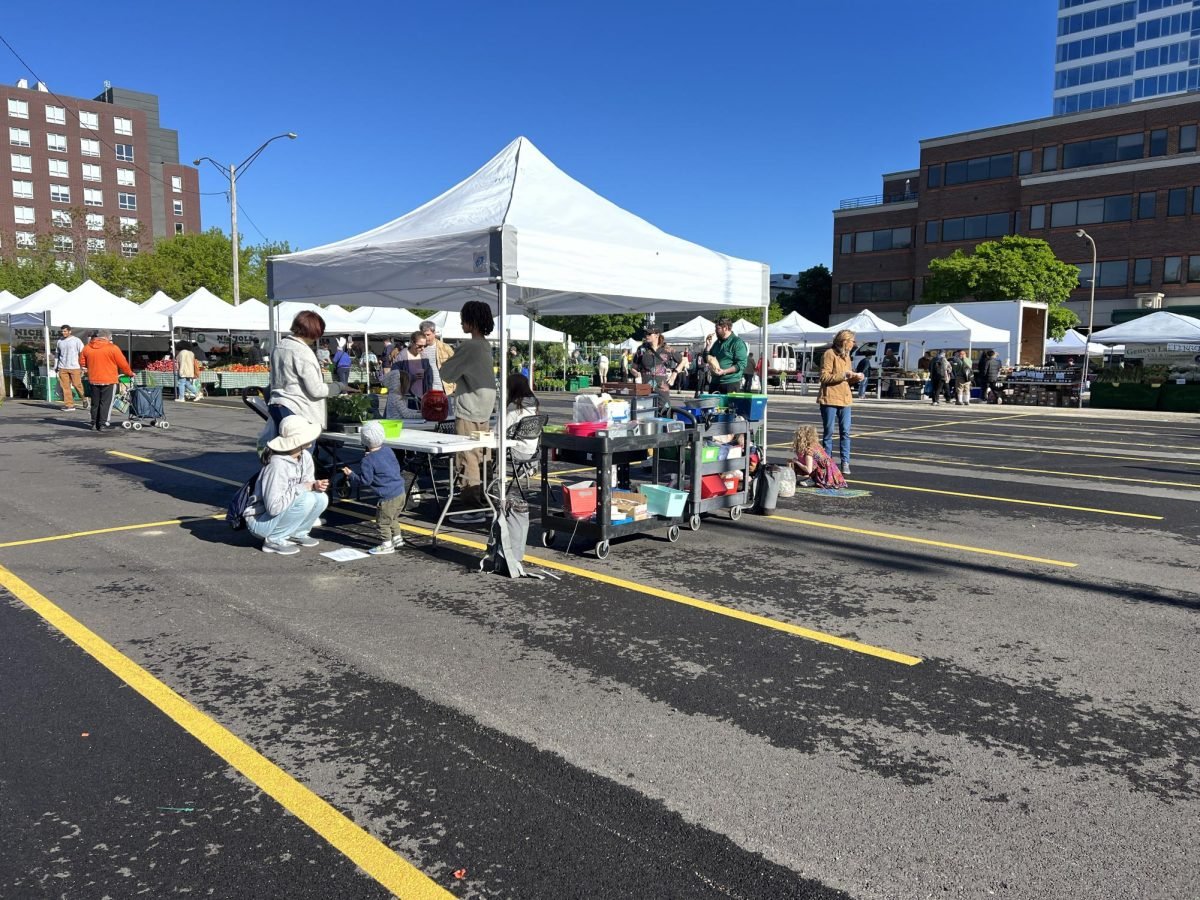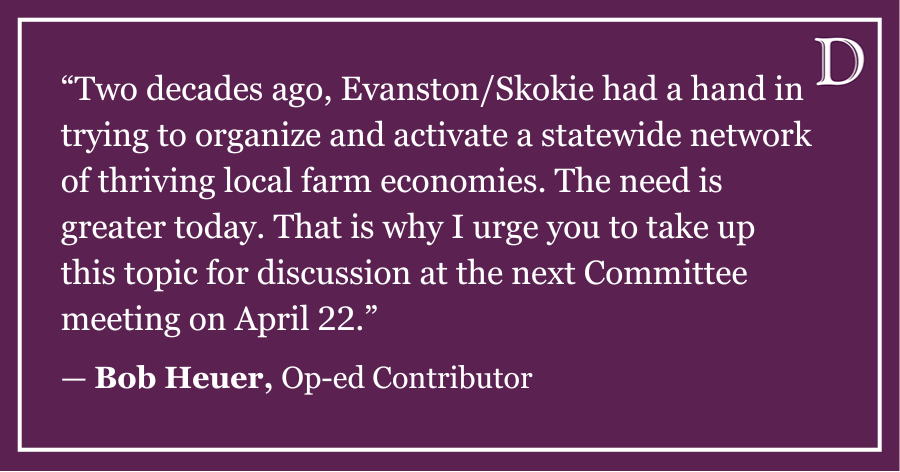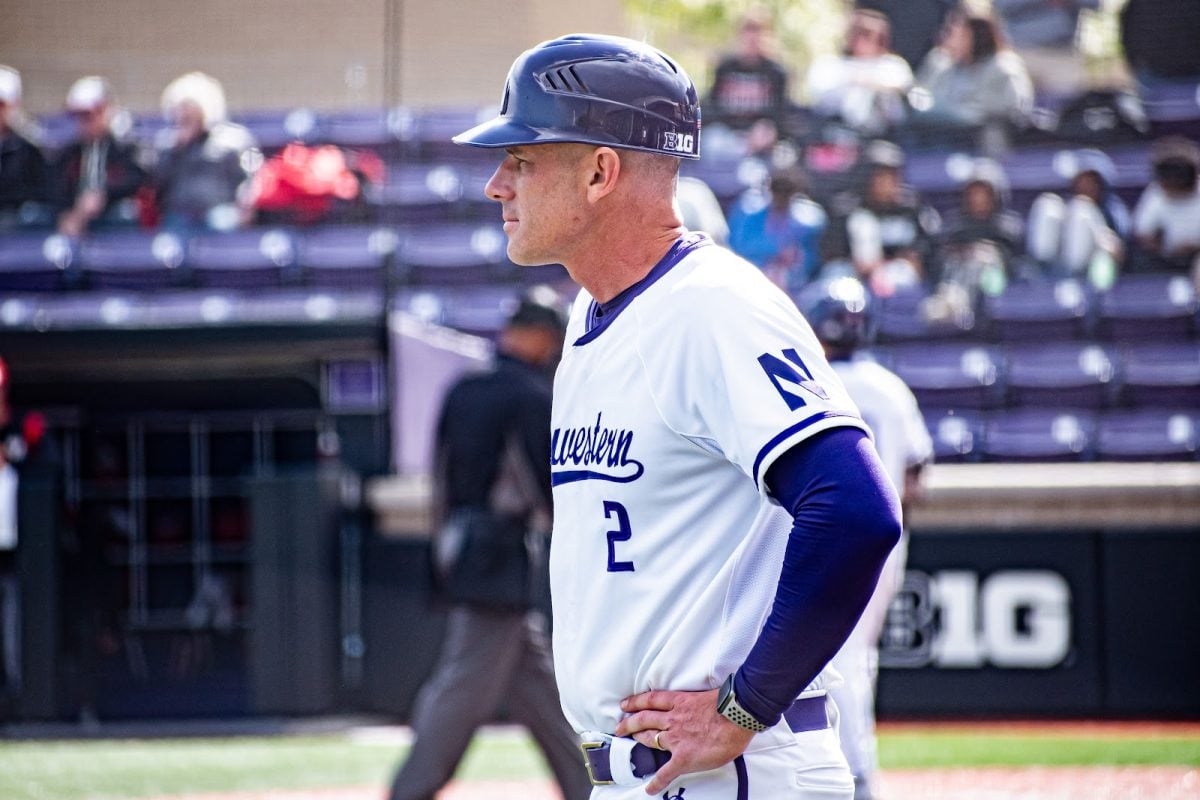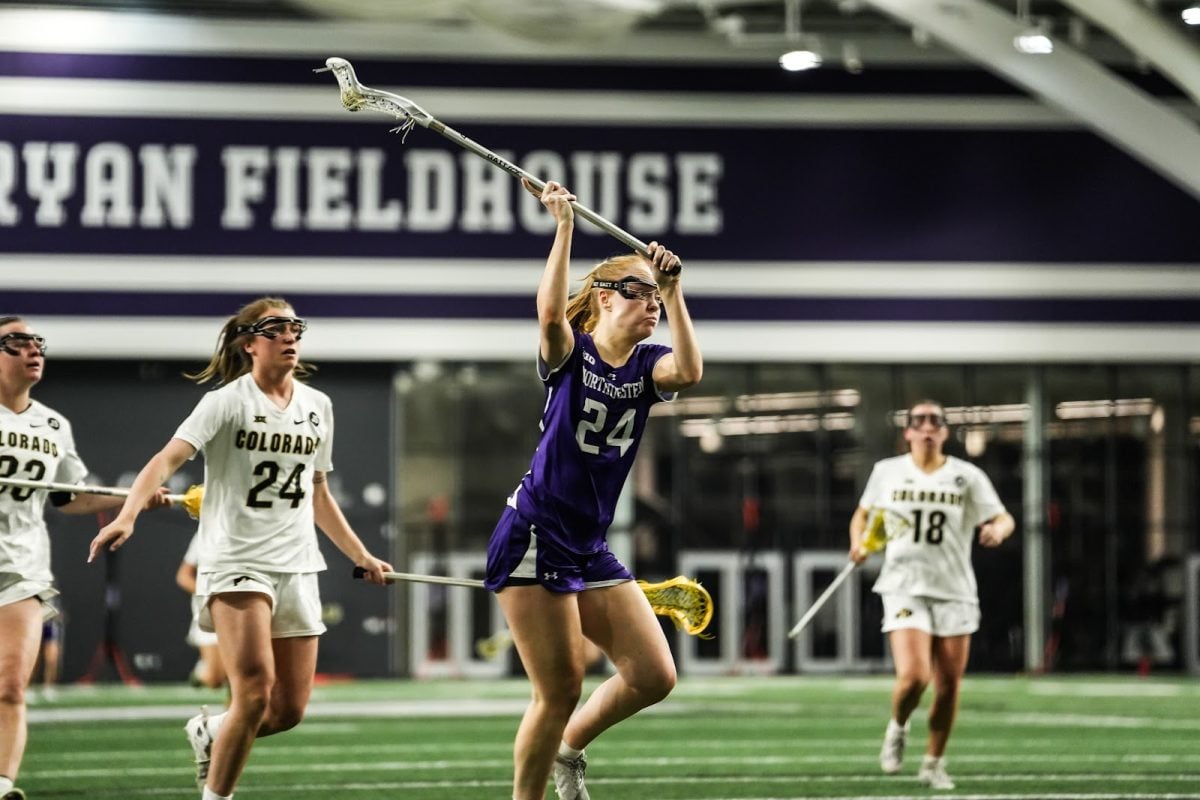In hopes to address food insecurity, community gardening with locally grown vegetables, fruits and nut-tree orchards may finally be coming to Evanston.
The Evanston Urban Farm proposal was among seven winners in the Participatory Budgeting voting process and will receive $350,000 in funding. The proposal’s goal is to create a one-acre farm in Evanston that will produce an estimated 26,000 pounds of food annually.
Susan Treacy, a representative of the Evanston Urban Farm proposal and a member of the Participatory Budgeting Environment, Food and Sustainability Committee, said the idea arose after community input during Participatory Budgeting brainstorming sessions.
“The themes of community gardens, food banks and food justice came up a lot,” Treacy said. “I wanted to make sure that we had a proposal that reflected that.”
Food insecurity has long been a concern for Evanston residents. According to the Greater Chicago Food Depository, one in four children in Cook Country are at risk of hunger. Evanston is home to several community gardens and food pantries working to combat this issue.
The Urban Farm proposal hopes to build on these efforts. Produce from the farm will be distributed to lower-income residents experiencing food insecurity, Treacy said.
“I’m excited about the power of having more food justice in Evanston and doing it through growing food right here in our community so that those that are food insecure can have more nutritious organic fruits and vegetables that are grown right in our zip code,” she said. “I think that’ll be really powerful.”
The proposal received 3,014 votes, securing third place among 20 proposals, of which the top seven were winners. Former Evanston resident Loran Vanden Bosch said they voted for the Urban Farm proposal because they believed it was the best option listed for the community.
“It’s really important that people are able to grow food in their communities and have access to local food,” Vanden Bosch said. “It’s especially good for people who suffer from food insecurity. I think that it’s a skill that everyone needs to learn, especially in upcoming years to get back in touch with the earth and it’s also just a good way to build community.”
The farm will be led by Evanston Grows, a non-profit organization that works to reduce food insecurity through increased access to locally grown food. The group co-sponsored the Participatory Budgeting proposal, and will be managing the farm’s funding.
Currently, the group is working to secure a site where the farm could be located. Evanston Grows has support from the proposal’s other co-sponsor, the Metropolitan Water Reclamation District.
“(The) Evanston Grows community is very supportive of having community listening and community input from the neighbors of wherever the farm will end up being,” Treacy said. “It’s important to them that the people immediately abutting the farm are supportive and feel like they’re being heard and will be a part of the farm itself.”
Funding will be distributed to three areas: education, farm infrastructure and staffing, Treacy said.
According to the proposal’s poster, the farm will offer kids’ field trips, paid internships, community events and more – all aiming to educate residents on gardening and sustainability.
Rishabh Juneja, a second-year chemical engineering graduate student at Northwestern and another member of the Participatory Budget’s Environment, Food and Sustainability Committee, said community support for the Urban Farm proposal reflects the need for urban agriculture in the city.
“The hope is that once the farm is built… it will be a place where community members can gather to grow food, and to also distribute the food that is grown in the farm to people who are facing any sort of food shortage,” Juneja said. “If they’re in any sort of financial distress, urban farms (will) come in and help to provide that.”
Email: megijamedne2025@u.northwestern.edu
Twitter: @_megija
Related Stories:
— City Council approves execution of Participatory Budgeting projects, discusses minimum wage increase
— Seven projects will receive funding following Evanston’s Participatory Budgeting voting

